|
|
||
|
Pro Tools
FILMFESTIVALS | 24/7 world wide coverageWelcome ! Enjoy the best of both worlds: Film & Festival News, exploring the best of the film festivals community. Launched in 1995, relentlessly connecting films to festivals, documenting and promoting festivals worldwide. Working on an upgrade soon. For collaboration, editorial contributions, or publicity, please send us an email here. User login |
Interview with New York Film Festival Program Director Richard PenaBy Maria Esteves - October 26, 2009 Dedicated to the loving memory of Florence Perlow Shientag (September 9, 1908 - October 7, 2009) As Lincoln Center celebrates it's 50th Anniversary (October 15, 2009 - January 16, 2010), Richard Pena (RP) program director and chairman of the selection committee at The Film Society of Lincoln Center presents Italian Neorealism and the Birth of Modern Cinema at the Walter Reade Theater, October 30 - November 24, 2009. Pena discovered his love of film early in life. He attended his first New York Film Festival (NYFF) at age 12. I had the great honor of interviewing Richard Pena at the closing night of the 47th NYFF on Sunday, October 11, at the Walter Reade Theater. ME: What inspired you to be in the film industry? RP: As a child growing up in New York City I saw more films than I guess most kids. When I was twelve years old, I came to the New York Film Festival to see "The Wedding March," by Erich von Stroheim, which I liked very much. Before the festival, I was picking out, seeing, and reading about certain films. Coming to the festival and going to the Museum of Modern Art was where I learned a lot. As time went on, I devoted myself to watching American film classics by John Ford, Howard Hawks, Alfred Hitchcock, Ingmar Bergman, and the Hispanic works of Luis Bunuel. Film meant a lot to me and eventually I found a way of making a living out of it. ME: How was the festival founded? RP: Lincoln Center was founded in 1959. The first President of Lincoln Center was William Shuman. Mr. Shuman was a composer and a great film fan. He wanted film to have a presence in this new complex.The idea of starting a film festival at Lincoln Center was at the time when film festivals were beginning all over the world. The New York Film Festival was founded in 1963 and the directors were Richard Roud and Amos Bogel. Amos stayed with the festival for six years, Richard stayed for 25 years, and I came in 1988. ME: What are the goals of the festival? RP: The goal of the festival is to celebrate and promote film as art. Every year, we select a small number of films from all over the world and we present those films what I and my colleagues in the selection committee consider to be the cutting edge of the world of film today. ME: How has the festival changed over the years? RP: The festival over the years has changed very little. We are still the same structure and style. When the festival was founded in 1963, there were no other film festivals in New York City. Since then, the number of festivals has increased. A few years ago, one of my students at Columbia University did a report on film festivals and he came up with 63 film festivals in New York. Our selections have become broader internationally due to the fact there are far more films available to me than were available to Amos Bogel and Richard Roud. I can see films from Iran, Taiwan, Africa, and Latin America, which would have been more difficult for them to see because of transportation. This year, we had seventeen countries represented in the festival. ME: What will be different next year? RP: We are in a constant state of reassessment, looking at everything we do, and how we can make it better. ME: Should the festival reflect a theme? RP: No, the festival has no agendas or preconceptions. The pact we have with the audience is that we are absolutely open and honest. We do not select a film because the filmmaker happens to be famous, we have shown his/her previous work, or about an issue we think is important. The audience believe the films we select are truly the best. ME: How has the audience changed? RP: The audience has become more animize. We have a particular audience for particular films. At this year's festival, if you went to see Todd Solondz's film LIFEDURING WARTIME, Sunday morning, October 11th, you would have seen a younger audience. If you went to see Michael Honeke's film THE WHITE RIBBON, Thursday night, October 8th, you would have seen a slightly older more traditional film festival audience. ME: What films have had the best reactions over the years? RP: We are in our 47th year. Many important and famous films have come out of the New York Film Festival. The festival has been very much behind the careers of filmmakers such as Bernardo Bertolucci, Rainer Werner Fassbinder, and François Truffaut. ME: How have the filmmakers been affected by the festival over the years? RP: The New York Film Festival remains the single best platform in the United States, especially for foreign language subtitled films. We have provided a launching pad for many films and filmmakers and people are very grateful to us for that. ME: How are the festival awards decided? RP: The New York Film Festival have a policy of no awards. Every year, we are asked by someone to institute an Audience or Critique awards. We absolutely refuse. Over the years, I have heard from filmmakers say they come here and relax. They show their work, meet other filmmakers, see other films, and not have to be involved in some competition. Because of that, I myself am very much against awards and as long as I have some say, I will never allow them to be a part of the festival. ME: Ever think of doing a best of the New York Film Festival? RP: Years ago before we had the Walter Reade Theater, we would do summer programs at Alice Tully Hall. We did the first fifteen years tribute of the New York Film Festival. We are a small festival and we like to think all our programs are the best. If we are showing a film in one of the other programs that was in the New York Film Festival we always list it. ME: How is the festival different from others? RP: The difference from other festivals is size. Many festivals are really quite large especially in North America. Their approach is to be very encyclopedic and panoramic. We are a very small festival showing 25 films yearly. We give a very bright spotlight, which means there are years when certain films are not included for example, films from a certain part of the world or the work of a certain filmmaker. Our festival selection committee has to make very tough choices. Every year, people have their own ideas of what should and should have not been in the festival making it seem personal. That happens all the time. If theirs an African film in the festival is because we really love it not because theirs an African slot we have to fill every year. ME: What can you tell us about your personal life? RP: I'm married with three children living in the Upper West Side, New York. I divide my work time at The Film Society of Lincoln Center as program director, and chairman of the selection committee, and at Columbia University as professor in film studies. ME: What upcoming projects are you involved? RP: Our latest project ITALIAN NEOREALISM at the Walter Reade Theater, runs from October 30 through November 25, 2009. It brings together 40 films from the period 1943 till the early 1960s. It's the first in dept look New York has had in many years of this most important influential movement. This project has taken a very long time to organize. I am happy it finally came together. Thank you, Richard. 26.10.2009 | Aviva Press's blog Cat. : 1 47th NYFF Africa Alfred Hitchcock Alice Tully Hall Amos Bogel Bernardo Bertolucci Cinema of the United States Columbia University Columbia University Company Founded composer director , and chairman director and chairman Entertainment Entertainment Erich Von Stroheim Fest directors Film Film festival Films first New York Film Festival Florence Perlow Shientag Florence Perlow Shientag François Truffaut Howard Hawks Iran Italian Neorealism John Ford Latin America Lincoln Center Lincoln Center 50th Anniversary Luis Buñuel Maria Esteves Michael Honeke Modern Cinema Museum of Modern Art New York New York New York City New York Film Festival New York Film Festival NEW YORK FILM FESTIVAL North America NYFF NYFF09 Person Career Politics Politics president professor program director Rainer Werner Fassbinder Religion Religion Richard Pena Richard Peña Richard Pena Richard Roud Satelli D'Or Film Festival selection committee chairman Taiwan The Film Society of Lincoln Center the Film Society of Lincoln Center the New York Film Festival The Wedding March Todd Solondz transportation United States William Shuman
|
LinksThe Bulletin Board > The Bulletin Board Blog Following News Interview with EFM (Berlin) Director
Interview with IFTA Chairman (AFM)
Interview with Cannes Marche du Film Director
Filmfestivals.com dailies live coverage from > Live from India
Useful links for the indies: > Big files transfer
+ SUBSCRIBE to the weekly Newsletter Deals+ Special offers and discounts from filmfestivals.com Selected fun offers
> Bonus Casino
User imagesAbout Aviva PressThe EditorUser contributions |



















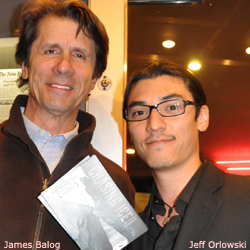
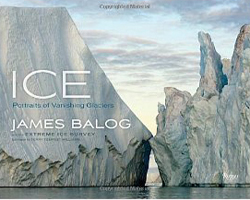
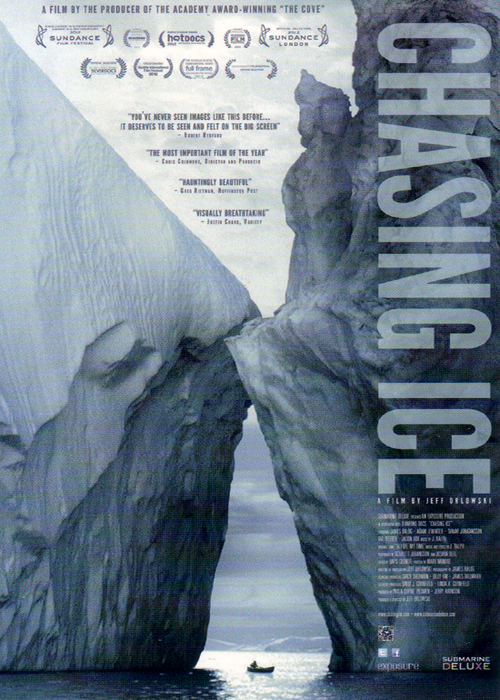
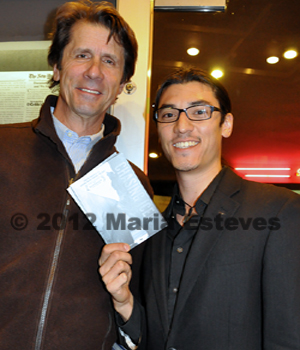
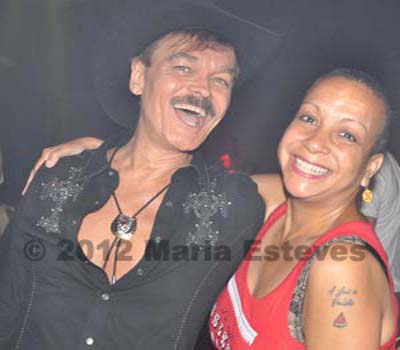
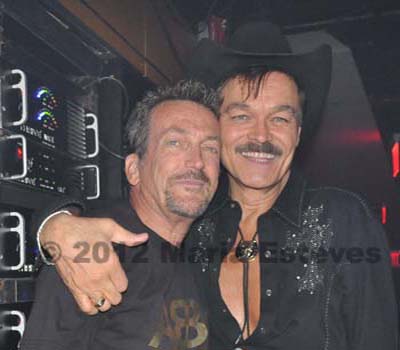





Comments (1)
Films I'd like to see at Lincoln Center
I would like to suggest a Luis Bunel Film Festival....So many films to choose from and would attract a diverse audience!